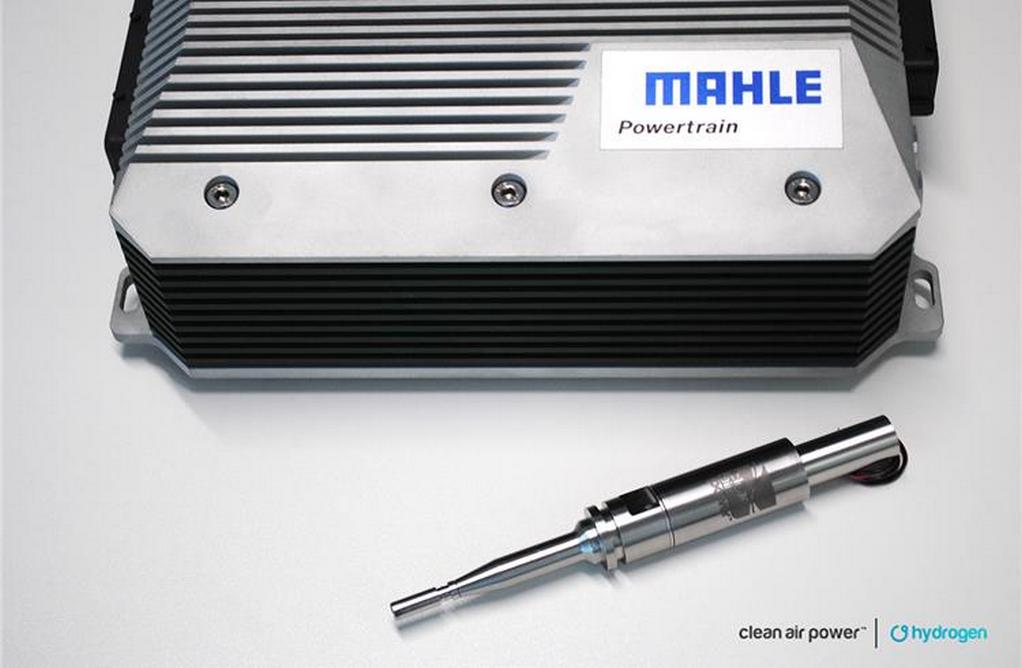MAHLE Powertrain and Clean Air Power have signed a Memorandum of Understanding (MoU) to combine their efforts in providing rapid and cost-effective solutions for net-zero fuelled internal combustion engines.
The two companies have a longstanding collaborative relationship that has shown excellent results across a number of important research projects. As part of these efforts, MAHLE Powertrain will continue to explore opportunities to use their flexible engine control unit in conjunction with Clean Air Power’s fuel delivery systems.
MAHLE Powertrain has a long history in the development of internal combustion engines. The company’s flexible engine controller, one of many innovative solutions, is particularly well suited to the development of demonstration units, as well as low volume production applications utilising alternative fuels or novel technologies.
Clean Air Power is developing injector technology aimed at supporting the use of zero-carbon and renewable fuels such as hydrogen or methanol. Clean Air Power has focussed on higher power transport solutions such as truck and bus, rail and marine applications, and is already supplying fuel injectors for dual- and single-fuel applications for both, retrofit and new engines.
The two companies have recently collaborated on the development of retrofit sustainable propulsion solutions for high performance marine vessels for the Royal National Lifeboat Institution (RNLI), as well as the investigation of red diesel replacement technology for off-highway and agricultural sectors.
Tags: Clean Air Power, MAHLE Powertrain, NetZero



Recent Posts
Port of Brisbane Unveils Vision 2060 to Drive Smarter, Cleaner, and More Connected Future
Wärtsilä to Deliver Hybrid Propulsion Systems for Vertom Group’s New Low-Emission Vessels
Latvian port receives electric Konecranes Gottwald Mobile Harbor Crane
Sustainable Ocean Economy Vital for Human Development, Says UNDP at UN Ocean Conference
Green Hydrogen Costs in India Could Drop by 40%, Says IEEFA-JMK Report
Cavotec Secures €1.55 Million Shore Power Contract for Port of Antwerp-Bruges
APM Terminals and SANY Marine sign landmark agreement to accelerate decarbonisation
The Port of Gothenburg takes big step towards shore power connection for container and car/RoRo vessels